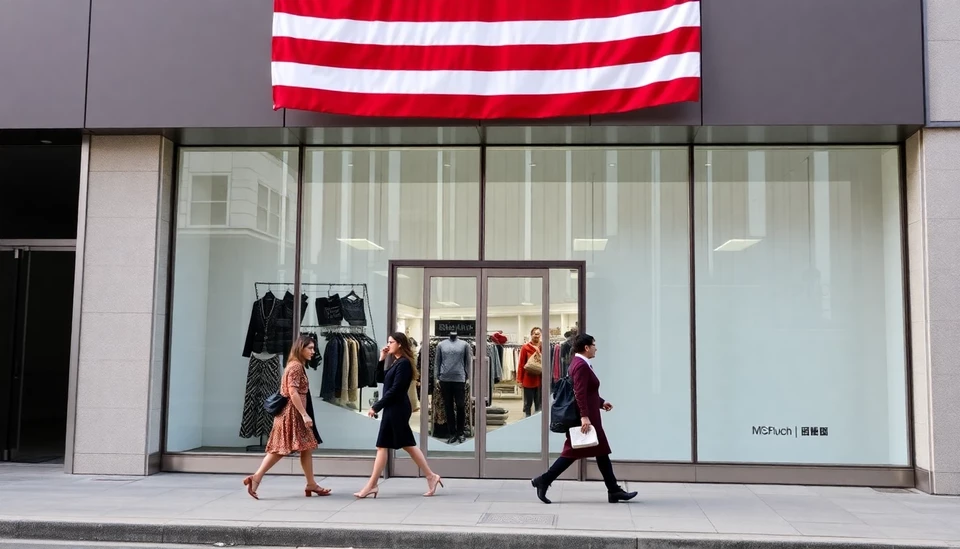
In a significant development that could reshape the landscape of e-commerce, particularly for major players like Temu and Shein, the de minimis tariff loophole is set to close as of May 2, 2025. This change is poised to bring about considerable shifts in how online retailers engage in international trade, especially for goods imported into the United States.
The de minimis rule currently permits goods valued under $800 to enter the United States without incurring customs duties. This has provided a substantial advantage to companies like Temu, an online marketplace owned by PDD Holdings, and Shein, a fast-fashion giant, allowing them to offer low-priced items to American consumers with minimal overhead costs. Since many of their products are shipped directly from overseas suppliers, the absence of tariffs has significantly enhanced their ability to compete in the U.S. market.
However, as trade policy experts outline, the upcoming modification to this longstanding rule could present formidable challenges for these platforms. Both companies rely heavily on the volume of small-ticket items imported, and with the elimination of the de minimis threshold, they may face increased costs that could be passed on to consumers, ultimately impacting their competitive pricing strategies.
The closure of this loophole is being driven by several factors, including concerns about national security, the integrity of the U.S. supply chain, and the need for more stringent import regulations. Observers note that there has been a growing bipartisan consensus around the need to update trade regulations to better align with modern e-commerce practices and to safeguard American interests.
As marketplaces like Temu and Shein adjust to these changes, they may need to rethink their sourcing strategies, logistics, and pricing models. The anticipated increase in operational costs, associated with duties and tariffs on previously exempt items, could lead to a reevaluation of their business models, which may encompass higher prices for consumers or cutbacks in product variety to mitigate costs.
Industry analysts are already speculating on the potential ramifications this change could have on the broader retail landscape. With less favorable conditions for low-cost imports, traditional retailers that once faced stiff competition from these platforms may find themselves in a more advantageous position to reclaim some market share.
As the transition date approaches, stakeholders across the retail sector are watching closely for additional regulatory updates and the strategies that these influential brands will implement in response to these shifts. The overall effects on the retail market and consumer behavior will likely unfold in the months following the de minimis loophole's closure, presenting a new frontier for e-commerce in the United States.
In summary, the anticipated closure of the de minimis tariff loophole is set to have profound implications for e-commerce. With companies like Temu and Shein likely facing increased operational costs, the competitive dynamics of the retail space may shift significantly, affecting both consumer prices and the availability of low-cost goods.
As we approach May 2025, all eyes will be on how these influential online retailers adapt to changing regulatory landscapes and what that means for the future of shopping in America.
#Temu #Shein #ecommerce #tariffs #retail #deMinimis #tradepolicy #consumergoods #onlineretail #USeconomy
Author: Rachel Greene


